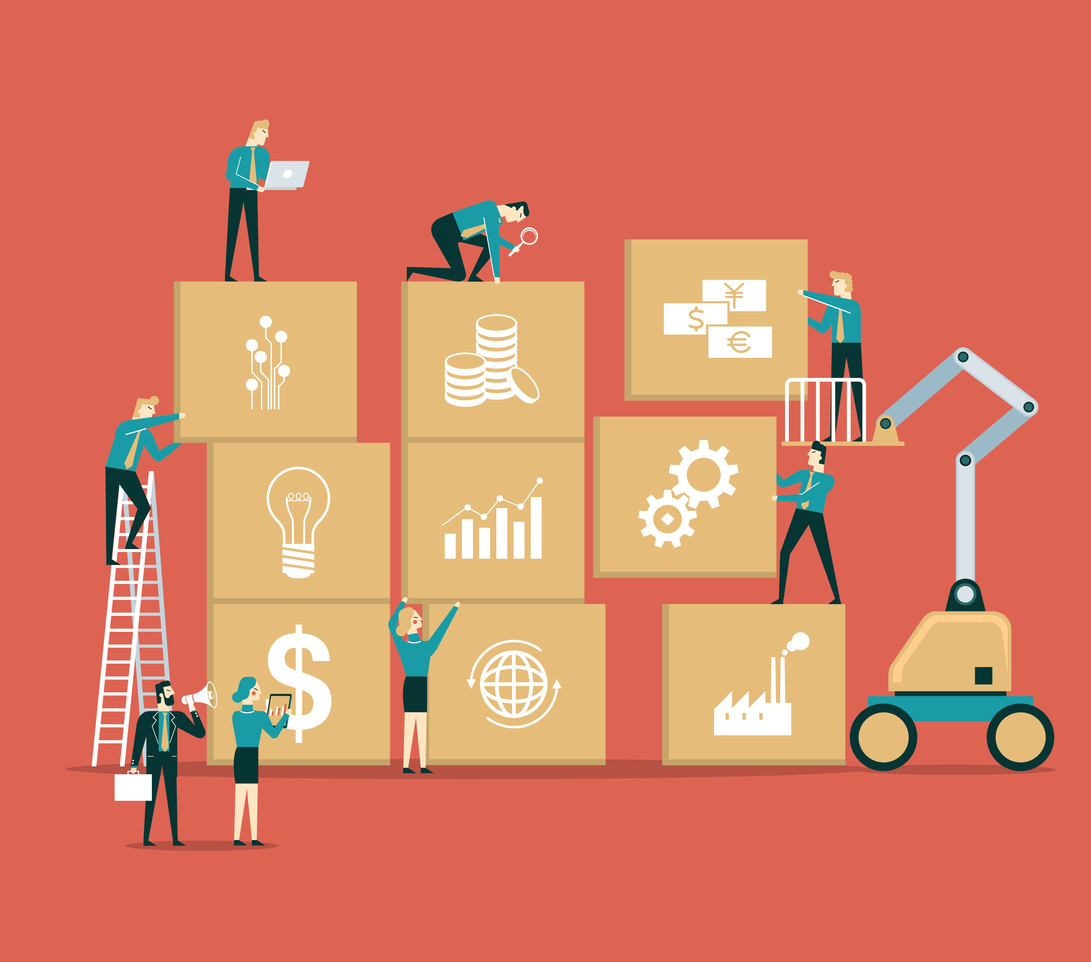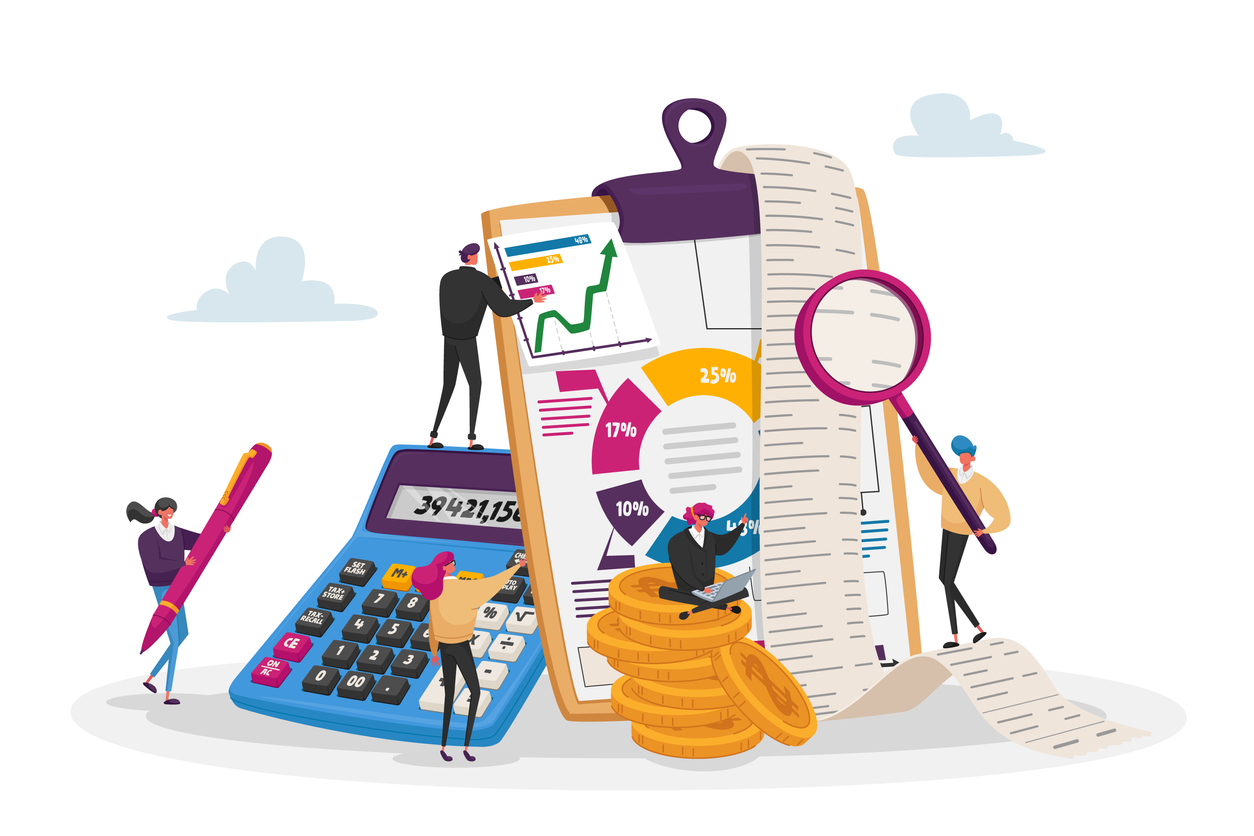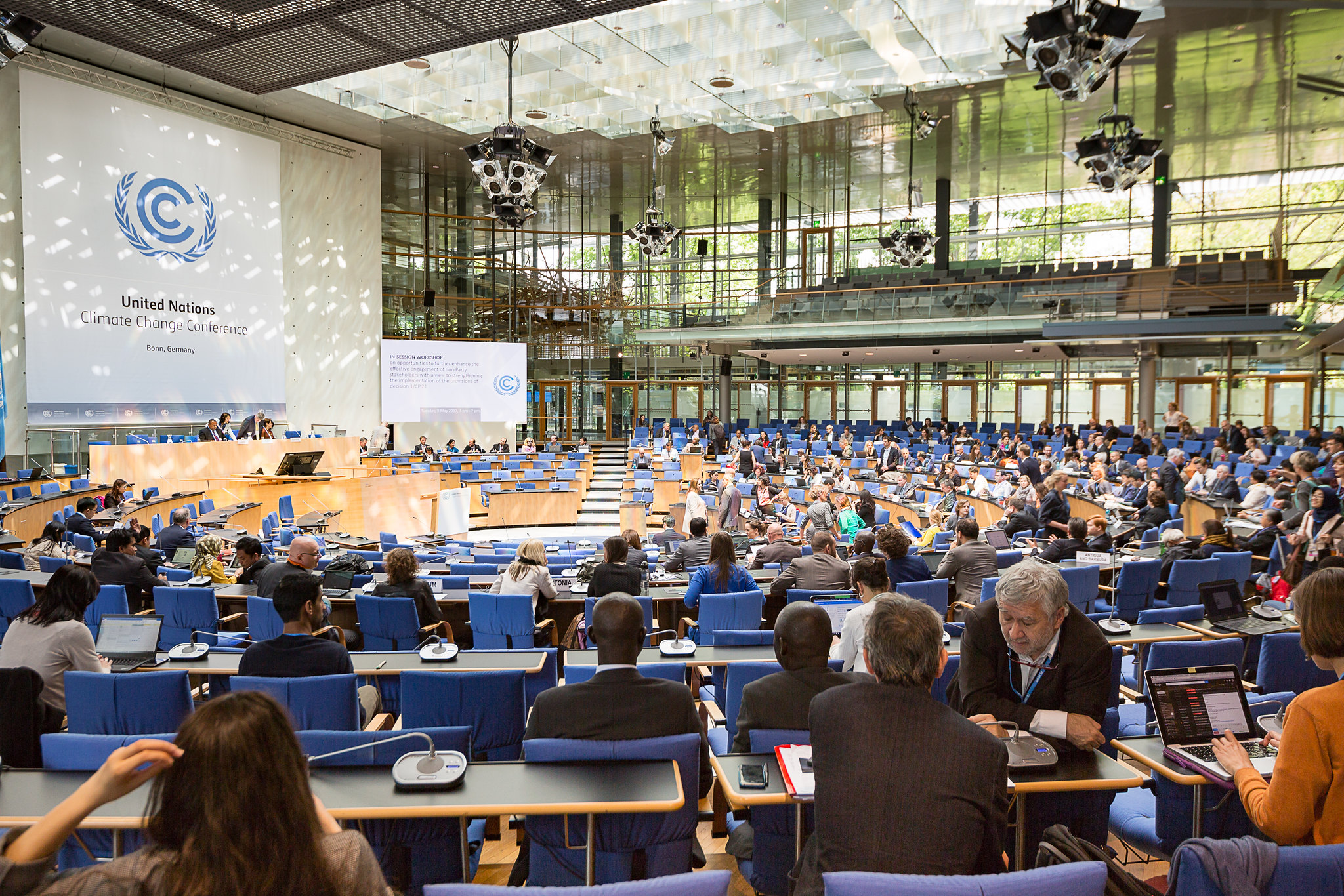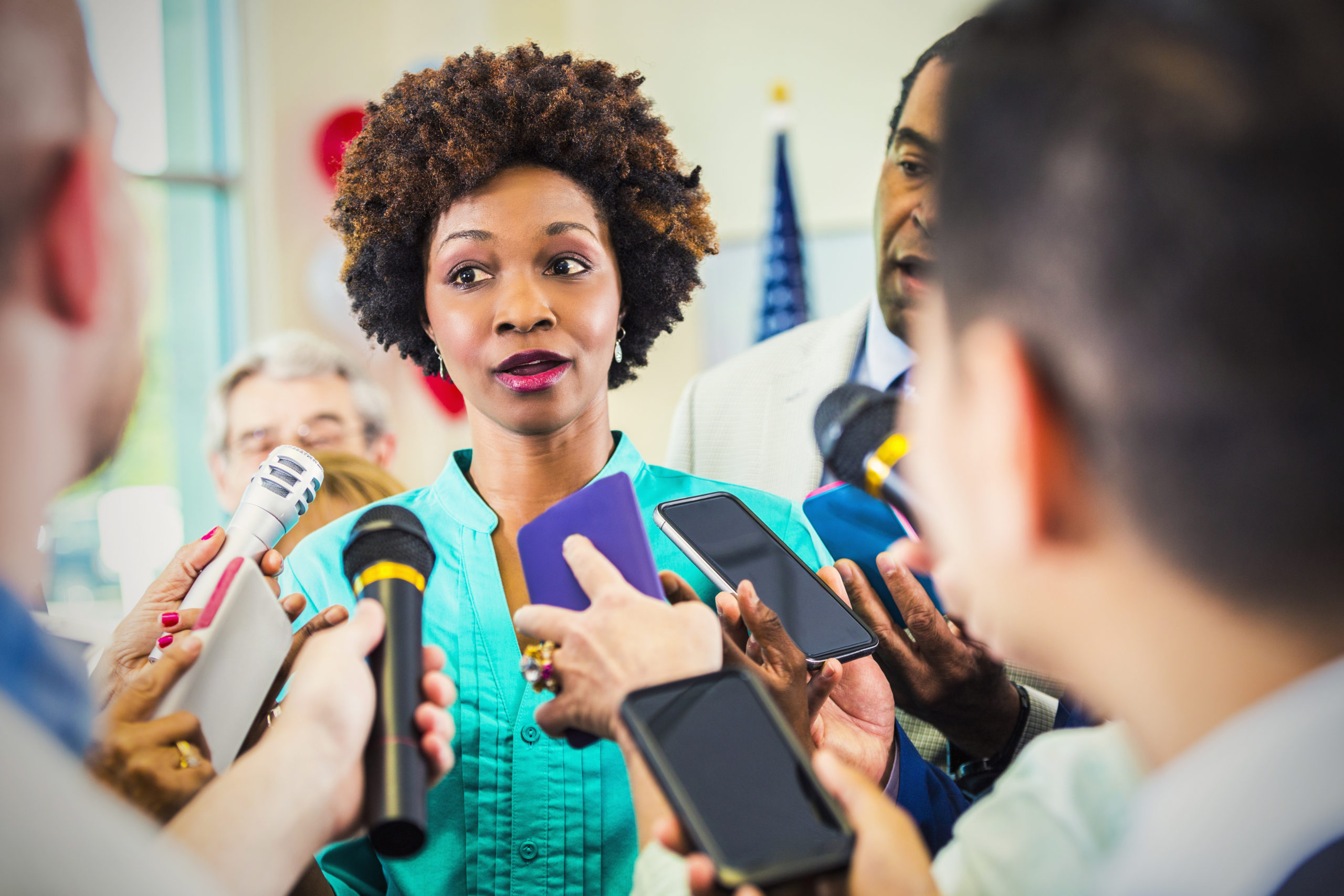-

Gender Data Is A Core Pillar of U.S. Strategy to Counter Gender-Based Violence Worldwide
FOR IMMEDIATE RELEASE Contact: Dilly Severin | [email protected] Statement by Krista Jones Baptista, Executive Director of Data2X, on United States…
-

A Sharp Decline in Funding for Gender Data Puts SDG 5 at Risk: Charting a Way Forward
Achieving the gender equality ambitions of the Sustainable Development Goals (SDGs) requires strong gender data systems to measure and implement…
-

Climate Change Isn’t Gender-Blind—This COP27, Our Data Shouldn’t Be Either
It’s Gender Day at COP27. But where’s the gender data needed to assess global progress? Climate change is affecting populations…
-

Statement By Data2X and Open Data Watch on 2022 PARIS21 Partner Report on Support to Statistics
FOR IMMEDIATE RELEASE Contact: Dilly Severin | [email protected] WASHINGTON, DC—A new report released today demonstrates the gap between global ambition…
-

Gender Data Must Be the Bedrock of Climate Justice
Climate change is affecting everyone—but not equally. Women, girls, and gender-diverse people are most susceptible to the effects of climate…
-

Gender Data Can Transform Education
The United Nations Secretary-General convenes the Transforming Education Summit this week, a key moment of the 77th United Nations General…
-

Following the Money: How One Organization is Using Data to Improve Aid Transparency on Gender Equality Programs
Stakeholders continue to dedicate financial resources to achieve gender equality—but financing alone is not enough. To make meaningful progress on gender equality and improve the efficacy of development aid, financing must be paired with comprehensive technical data on 1) where resources are going; 2) what these resources are used for; 3) how they are used and who benefits from them; and 4) what results they produce. Without this information, it is difficult to understand the impact of gender equality programs and improve the lives of women and girls.
-

Adding Value to Gender Data: How Mentoring and Building a Community of Data Users Can Enhance Journalists’ Ability to Communicate on Gender Issues
Journalists can help improve demand for gender data because they play a unique role as storytellers who can make sense of complex topics and engage the wider public. While journalists have the media presence, research, and writing skills to report on gender data in a smart, digestible way, they may need more advanced visualization and specialized technical skills and a community in which they can find support in these areas. To help address this problem, Equal Measures 2030 and Tableau Foundation launched the Fellowship for Data Journalists at the Reykjavik Global Forum for Women Leaders in 2020.
[ajax_load_more post_type="post" year="2022" month="8" offset="5" button_label="Load More" pause="true"]
